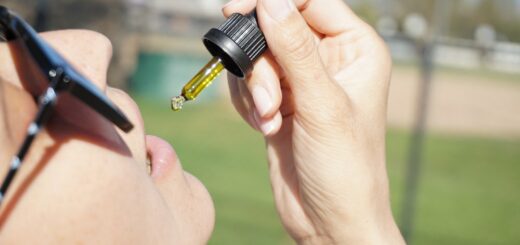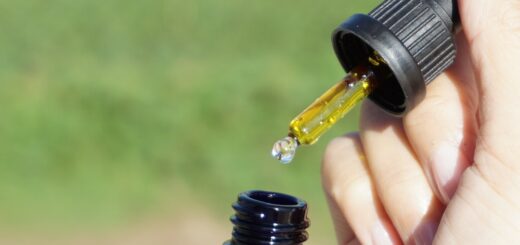CBD oil for stress, anxiety and more
Cannabidiol, better known as CBD, is an excellent compound for anxiety neurosis. It is found in trace amounts in most cannabis strains, but there has been a sharp increase in the number of strains and products rich in cannabidiol CBD in recent years. Read on to know how the oil CBD helps fight against anxiety.
What is CBD?
CBD is not psychoactive like THC (which happens to be the only psychoactive compound in cannabis), and when isolated from its THC counterpart, CBD does not induce any obvious euphoria. It’s probably important to point out that fear of CBD can’t happen. This has led many people to turn to CBD as a natural method of reducing the high associated with certain modern high-grade THC strains which can be of serious concern to some people. It has also led to new research into the potential of CBD to provide a serious alternative to prescription anti-anxiety medications on the market today.
The interaction of CBD with the endocannabinoid system
Before understanding CBD oil and anxiety, it is first important to understand how CBD interacts with the endocannabinoid system. This system involves a network of receptors and the compounds that bind to them. Think of it as a series of keys and locks. These receptors, primarily CB1 and CB2, are found in many areas of the body such as the brain, digestive tract, and the immune system. Cannabinoids bind to the receptor, which triggers a reaction in the cell and gives it a specific direction of action.
Phytocannabinoids, or cannabinoids produced by plants, attach to receptors just like those produced naturally in our bodies. A common blocking interaction is THC, which binds to these receptor sites and produces effects ranging from euphoria to anxiety. But not all cannabinoids need to be blocked, as some can powerfully influence the system through more complex but less understood interactions. This is the case with CBD oil as it has not been found to bind directly to any of the major receptors, but appears to interact with other cannabinoids (THC) and receptors to trigger a strain. cellular responses.
CBD and its anxiolytic mechanisms
Many diseases and illnesses can be characterized by an insufficiently active or overactive endocannabinoid system. For example, people with post-traumatic stress disorder are known to produce insufficient levels of anandamide, a natural endocannabinoid similar in structure to THC. The introduction of endocannabinoid-like cannabinoids into receptor sites may, in a sense, correct their deficiency and have a therapeutic effect. The cannabinoid has been found to stimulate serotonin receptors, mimicking the mood stabilizing effects of some SSRIs. The treatment of neurotic disorders with the use of CBD oil is very much taken into account nowadays.
Regarding the interactive relationship between CBD and THC, scientists believe that CBD oil modulates THC-bound CB1 receptor signaling, which is why their co-presence has become so important in the field of therapy with THC. cannabis. The ability of CBD to modulate excessive cannabinoid activity in the brain that can cause anxiety is relevant to this particular discussion. Evidence to date in this untouched area of scientific research shows that under the influence of CBD, it appears to limit the length of time THC is able to block the CB1 receptor and therefore limit the strength of the effect. In this way, the positive effects of CBD oil can certainly prove to be effective in treating chronic anxiety and alleviating anxiety,
In addition to THC-induced anxiety, the dosage of CBD oil for environmental anxiety has been studied in numerous human studies. Taking CBD oil regularly is one of the most cited studies, and now I have high hopes for treating anxiety neurosis.
There is a study of the effects of CBD on humans before and after facing a stressful situation. The situation used in the study was public speaking and half of the participants were given a dose of CBD before the event, while the other half were the control group. Each participant’s physiological stress indicators (heart rate, blood pressure, body temperature) were measured throughout the experience and were also asked to describe their feelings of anxiety themselves. The participants who received CBD treatment all had significantly lower stress levels before and after it occurred. It was about both how they felt about the situation and how their body reacted. Obviously,



